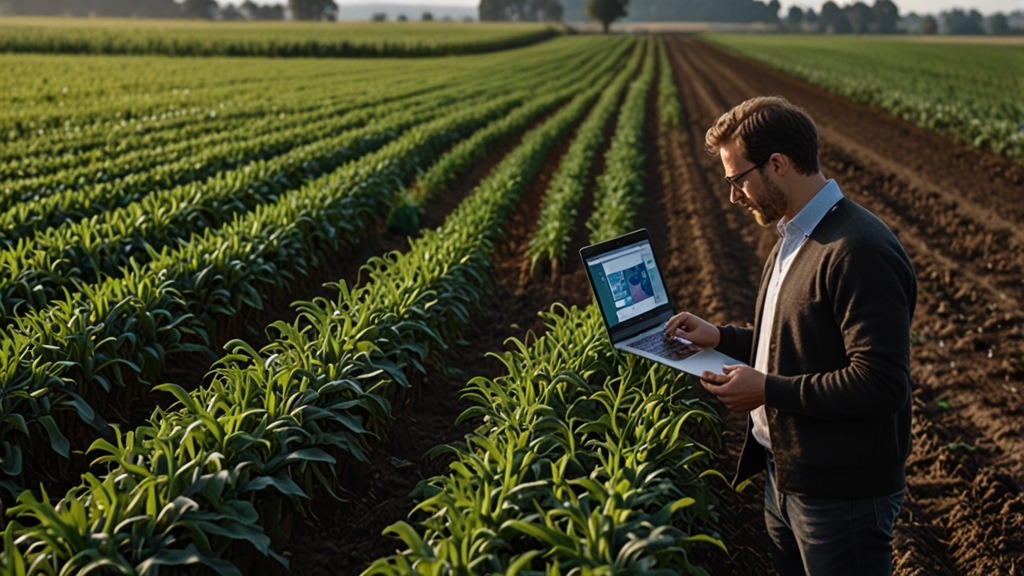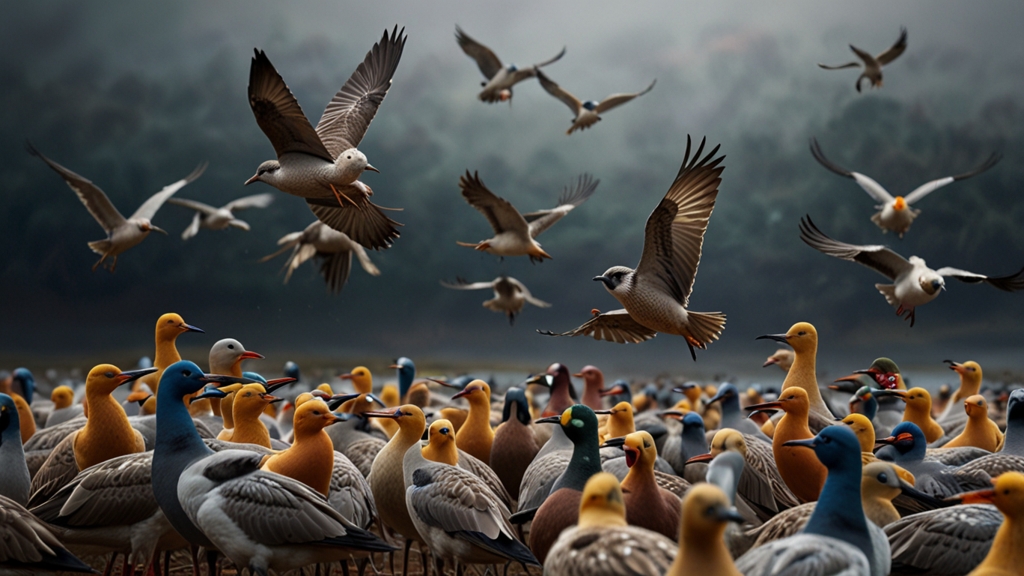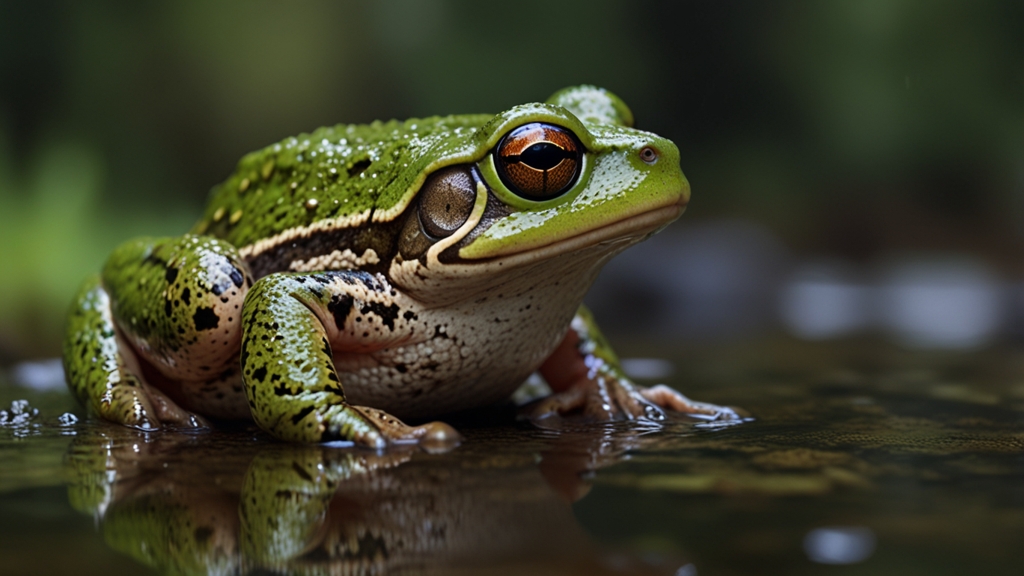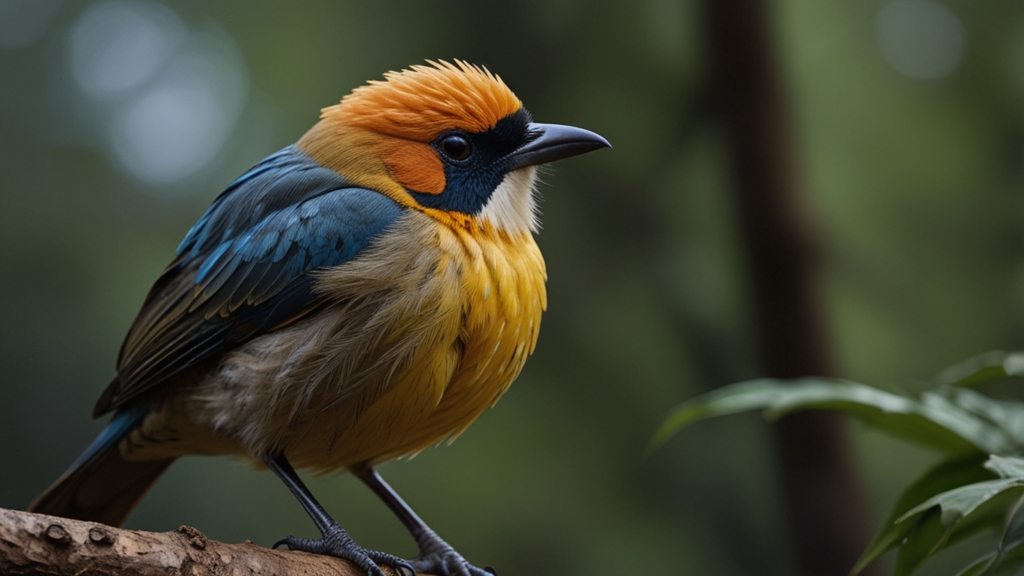AI and the Future of Agriculture: Feeding the World with Technology
The world’s population continues to surge, projected to reach nearly 10 billion by 2050. With this rise, the challenge to produce sufficient, nutritious, and sustainable food grows exponentially. Agriculture, a cornerstone of human civilization, is now in the spotlight, seeking innovative solutions to meet these demands. Artificial Intelligence (AI) is rapidly emerging as a transformative force, poised to revolutionize the agricultural sector and ensure food security for the future.
Precision Agriculture: The Heart of AI Integration
Precision agriculture is an approach that leverages technology to enhance crop efficiency, reduce waste, and improve yields. AI plays a pivotal role in this domain by analyzing massive amounts of data collected from various sources, such as satellites, drones, and sensors embedded in the soil. These data points provide real-time insights into soil quality, moisture levels, weather conditions, and crop health.
Farmers can now make data-informed decisions regarding planting, irrigation, fertilization, and pest control. This significantly optimizes resource use, minimizes environmental impact, and increases crop productivity. For instance, AI algorithms can predict the best times to plant and harvest crops, ensuring maximum yield.
"Precision agriculture, powered by AI, has the potential to increase global crop productivity by up to 70%." - World Food Programme
Robotics and Automation: The New Farmhands
AI-driven robotics are transforming labor-intensive farming tasks, such as planting, weeding, and harvesting. Automated machines equipped with computer vision and machine learning capabilities can perform these tasks with high precision and efficiency. This not only reduces the dependency on human labor but also addresses labor shortages in many parts of the world.
For instance, robotic harvesters can pick fruits and vegetables at their peak ripeness, reducing waste and ensuring better quality produce. Similarly, autonomous tractors and drones can monitor crop health, distribute fertilizers, and apply pesticides more accurately than traditional methods.
Predictive Analytics: Foreseeing and Mitigating Risks
Agriculture is inherently vulnerable to various risks, including weather fluctuations, pest infestations, and diseases. AI-powered predictive analytics can help farmers anticipate these challenges and take proactive measures. By analyzing historical data and real-time information, AI systems can forecast weather patterns, predict pest outbreaks, and identify early signs of plant diseases.
This predictive capability allows farmers to implement timely interventions, safeguarding their crops and reducing potential losses. In regions prone to extreme weather events, such as floods or droughts, these insights are invaluable for devising effective risk management strategies.
"AI predictive analytics can reduce crop losses by up to 25%, contributing significantly to food security." - Food and Agriculture Organization (FAO)
Sustainable Farming: Reducing Environmental Impact
Sustainability is a critical aspect of modern agriculture. AI technologies are enabling farmers to adopt more environmentally friendly practices. Precision farming reduces the overuse of water, fertilizers, and pesticides, lowering the carbon footprint of agricultural activities. Additionally, AI-driven crop management systems promote crop rotation and diversification, which enhance soil health and biodiversity.
Furthermore, AI applications in vertical farming and hydroponics are supporting sustainable urban agriculture. These innovative farming methods use significantly less land and water compared to traditional farming, making them ideal for densely populated urban areas.
The Road Ahead: Challenges and Opportunities
While the integration of AI in agriculture holds immense promise, there are challenges to overcome. High costs of technology adoption, limited digital infrastructure in rural areas, and the need for farmer education and training are significant barriers. Governments, private sector stakeholders, and international organizations must collaborate to address these issues and ensure inclusive access to AI innovations.
Despite these challenges, the potential benefits of AI in agriculture are too significant to ignore. As technology continues to advance, AI will increasingly become integral to farming, driving a sustainable and food-secure future for our global population.
"The future of agriculture lies in the fusion of traditional farming wisdom and cutting-edge AI innovations." - International Fund for Agricultural Development (IFAD)
In conclusion, AI is poised to revolutionize the agricultural sector, making it more efficient, sustainable, and resilient. By harnessing the power of technology, we can not only meet the growing food demands but also build a better and greener world.








